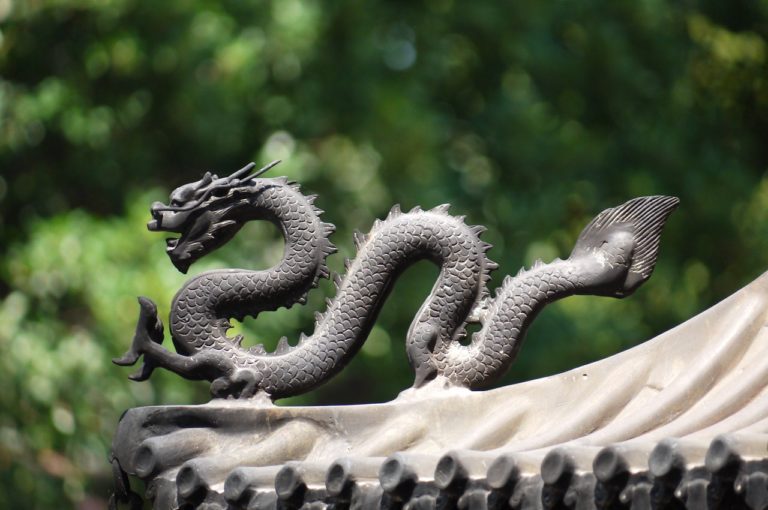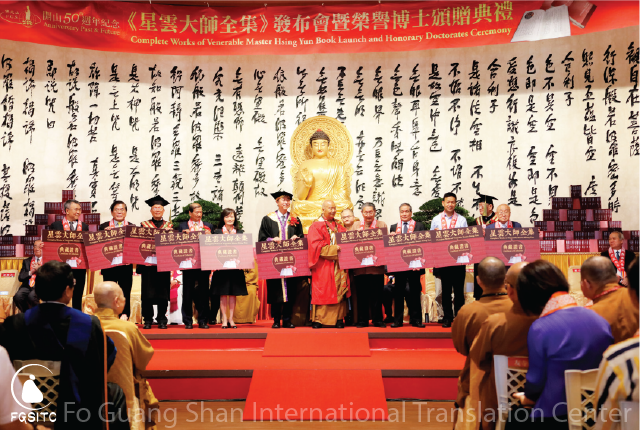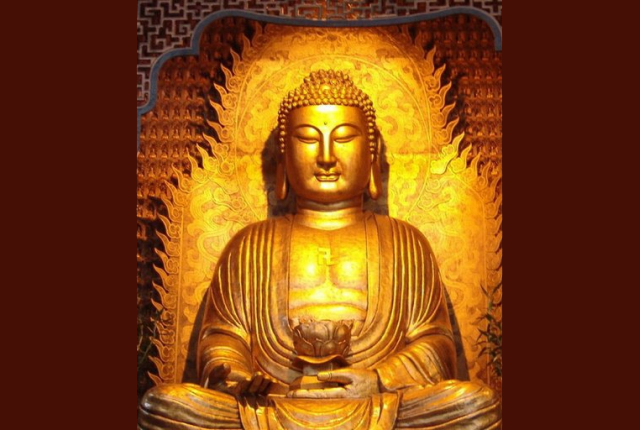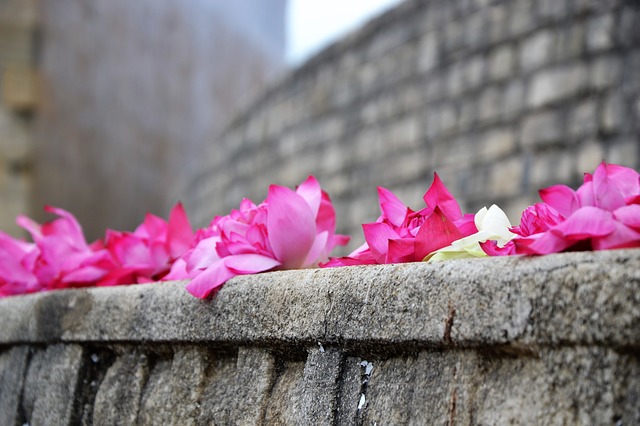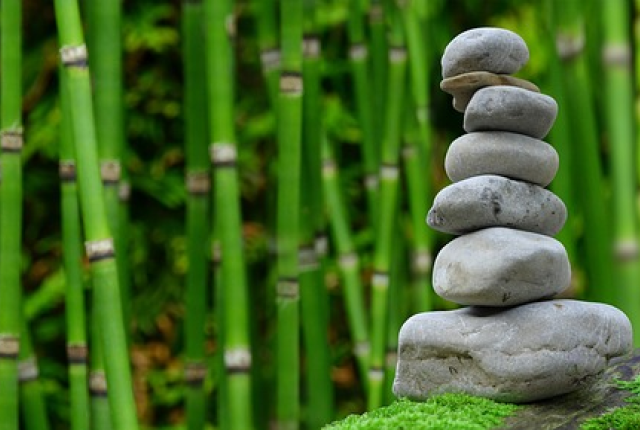All wrongdoing is like frost on the ground; when the wisdom sun rises, it’s gone.
This is why with all our hearts we must repent the failings of our six senses.
— Samantabhadrotsahana Parivarta Sutra
All “Wrongdoing” is Fundamentally Empty
“Humans are not perfect beings; how can they be expected to live without transgression?” This ancient saying is a good place to begin this discussion. Like illness, transgression or sin is an inevitable part of human life. Hardly a day goes by when most of us don’t do something wrong; most of us violate the precepts of body, speech or mind almost constantly. A “normal” human life is full of lying, stealing, cheating, intemperance and excessive sensuality. Even if we learn to achieve some control over our bodies and mouths, most of us continue to violate the deeper sense of the precepts through improper thoughts like jealousy, anger, envy, resentment or greed.
This brief summary of the facts of life is not meant to encourage bad behavior! It is only meant to help us arrive at a balanced and reasonable appraisal of human existence. To be human is to err. When we have erred, we must try to correct ourselves and not repeat the same mistake again. Transgressions are to be understood and corrected, not dwelt upon or agonized over. The transgressions we leave behind are like highway posts that mark our progress. The Avatamsaka Sutra says:
All bad karma that I created in the past was created from beginningless greed, anger or ignorance. It was born from acts of body, mouth or mind. And now I repent it all.
The Significance of Repentance
Repentance is an important part of Buddhist practice. Chan masters often say, “Fear not the appearance of the thought; fear tardy observation of the thought.”
“Observation of the thought” means introspection or reflection on the workings of our own minds. This saying means that we should never fear any thought; what we should fear is entertaining an evil thought, or worse, acting on one.
“Observation of the thought” or constantly reflecting on one’s thoughts is the basic act of repentance. A wise bodhisattva knows that the future is produced in the present. He knows that karmic retribution is caused by evil intent. By constantly observing his thoughts, he disengages himself from the tendency to allow untoward thoughts to grow into the demons of evil intention. Observation of thought is fundamental to successful practice of Buddhism.
In Chinese the word repentance (chanhui) is a combination of two words. The richer meaning of this combination might be rendered in English by using the combination “penitence-repentance.” There is a subtle but important distinction between these two words in English, as in Chinese.
“Penitence” emphasizes the state of mind of one who deeply recognizes his transgression and is determined not to repeat it.
“Repentance” emphasizes the change of mind and the determination not to repeat the transgression.
It is very important to understand that Buddhism is not focused on mistakes or making people feel guilty about mistakes they have made. Buddhism is focused on correcting mistakes. Mistakes must be recognized and corrected. Once they have been corrected they should not be dwelled upon anymore. Excessive guilt and remorse are false attachments just as much as greed and jealousy are.
Penitence is fundamental to Buddhism for it is the very crux of the mental and emotional change all Buddhists must be willing to undergo. Without penitence and shame we will become arrogant and our growth will be warped. Having said this, it is important to say as well that penitence is not a gloomy, masochistic sense of guilt that stalks us like a shadow for years. Ultimately everything is empty. We learn and grow by recognizing our mistakes and moving on.
Penitence is like Dharma water for it cleanses us. It is like a raft for it can take us to the other shore. Penitence is like medicine because it can cure us of our ills. It is like a lamp in the darkness for it can show us our way when before we saw nothing at all. Penitence is like a wall around a city for it can protect our minds and our senses from being violated by the bandits of passion and greed. Penitence is like a bridge for it helps us to deal with our difficulties and enter upon the path of Buddhism with relative ease. Penitence is like a beautiful ornament that can decorate and make the bodhi way seem even more magnificent.
In the Five Part Vinaya, the Buddha says,
In the practice of my Dharma, recognition of transgressions and repentance of them will lead to an increase in goodness.
In this statement, the Buddha is saying that not only will repentance lessen the bad karma caused by our transgression, but it will also increase our basic goodness.
How to Repent
Many different methods of repentance are mentioned in the Buddhist sutras. The Samantabhadrotsahana Parivarta Sutra says:
You should repent the actions of your body and mind. Of the body: repent acts of killing, robbery, and intemperance. Of the mind: repent all evil thoughts and the ten evil deeds and the five hellish acts. The mind is like a wild ape. It is like glue in that it sticks to everything through its greed and through the operation of the six senses. The roots of the six senses give rise to the branches and leaves that proliferate throughout the three realms. The roots of the six senses give rise to ignorance, old age and death. They give rise to the cycle of birth and death and all manner of hardship and trouble. You should repent the actions of your body and mind.
The Samantabhadrotsahana Parivarta Sutra mentions six means of assuring proper repentance throughout our lives. They are:
Have repentant eyes: Evil often begins in the eye. First we see something and then evil thoughts arise. Through observing ourselves and our responses to what we see, we can begin to gain control of this very significant source of bad behavior. By being careful about the thoughts that arise from what we see, we can succeed in not creating a great deal of bad karma.
Have repentant ears: The ears can be a source of many disturbing and unsettling sounds. Some kinds of sounds have the power to encourage improper behavior or improper thoughts. When we find ourselves being disturbed by sounds like this, it is good to consider their inherent emptiness. Sound is a good access point to understanding emptiness since sound is so manifestly transient and insubstantial.
Have a repentant nose: Many of our physical appetites are stimulated by smells. If we find ourselves being led toward gluttony or intemperance by aromas in the air, we should stop and consider how our mind is being moved like an animal’s mind, thoughtlessly and without any consideration of consequences.
Have a repentant tongue: Our tongues are one of the finest means we have for expressing ourselves. At the same time, the power of the tongue can also be turned toward evil. Most bad karma is created by speech. Watch your tongue carefully and be sure that it is always being used with compassion and intelligence.
Have a repentant mind: The basic activity of the untrained mind is as wild and disorganized as a drunken monkey. It jumps from here to there for no reason and forgets where it came from before it arrives. If we want to control our minds, we must contemplate the Buddha and practice his Dharma at all times. Constant close observation of the workings of the mind is an indispensable technique for growth in Buddhism.
Have a repentant body: All of the temptations and desires of life play out through our bodies. The mind is the source, but the body is the means. If we have failed to control our minds, our bodies will move in the wrong direction; we will find ourselves close to the point of wrongdoing. Stop there. It is still not too late. The mind rules and in this last instant before a transgression has been committed, it can still stop the body in its tracks. In time, you will see how much better it was to have stopped.
Contemplation, meditation and chanting are excellent means to increase the power of the mind to observe itself and control itself. All of Buddhism works together to help us advance. The whole Dharma is on your side the moment you decide to change for the better.
Penitence and repentance save us from our lower urges and help us rise to the highest levels of consciousness.
Our evil deeds of the past are like clouds over the moon. The decision to change it is like a torch in the dark.
— Adbhutadharma Sutra
This article was originally published in Being Good, written by Venerable Master Hsing Yun.
Photo from Pixabay.


